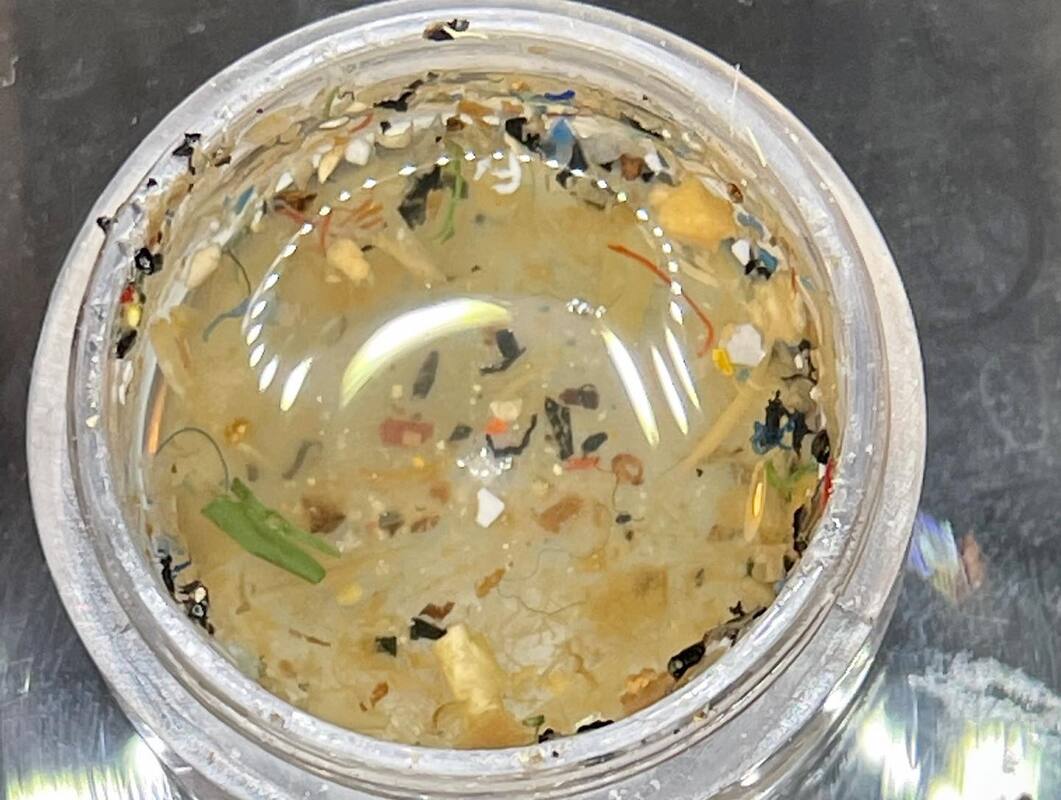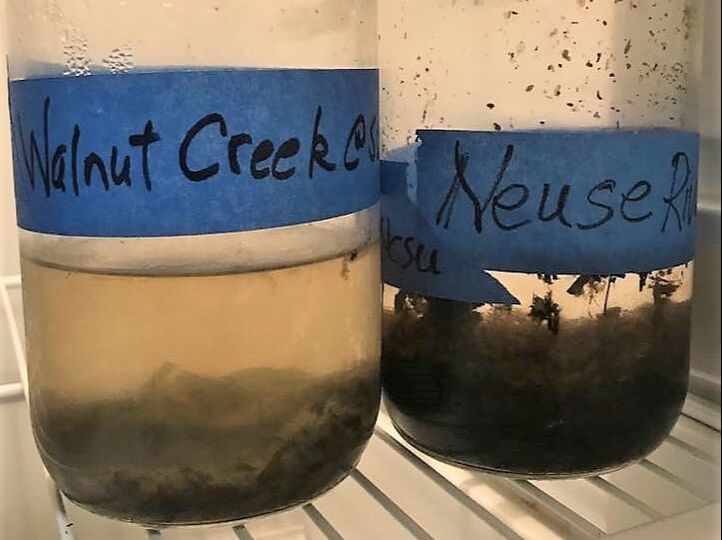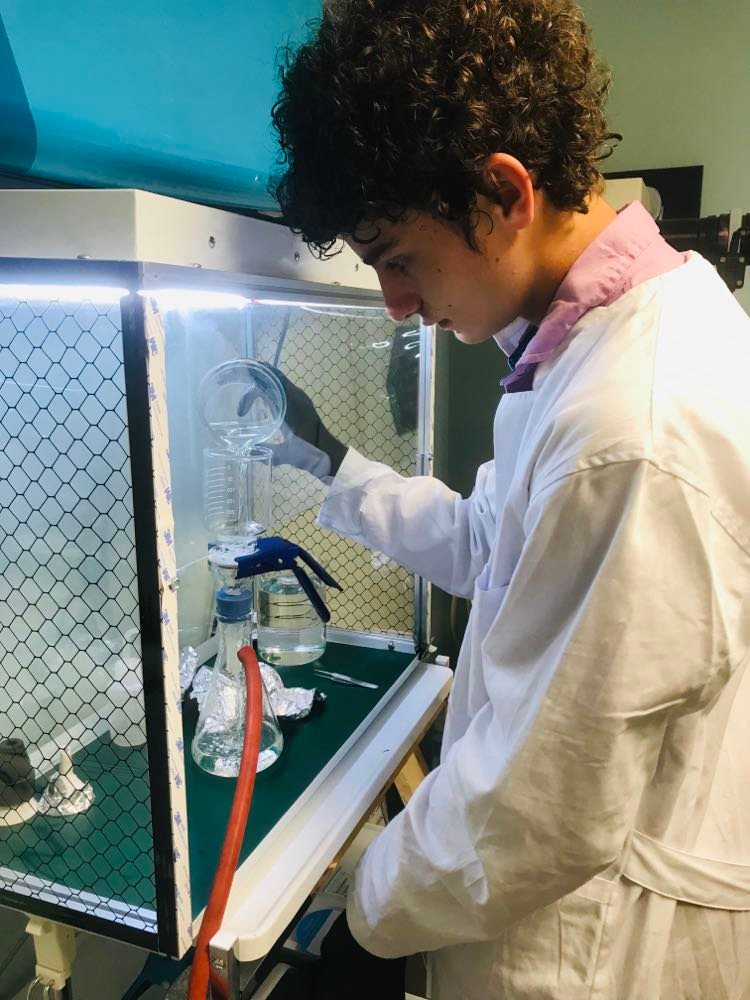|
Microplastic distribution and characteristics across a large river basin: Insights from the Neuse River in North Carolina, USA
This project focuses on determining which plastics sampling protocol is the best fit for North Carolina waterways as well as the debris contribution from various watersheds. It is funded through the North Carolina Sea Grant in collaboration with the NOAA Marine Debris Program. We have partnered with Barbara Doll and Jack Kurki-Fox of NC State University, the University of North Carolina Wilmington, and Sound Rivers, INC. to research, prevent, and remove marine litter from the environment. Samples were taken from 15 sites along the Neuse River repeatedly, every other month, beginning in August 2020 until June 2021. We, at Plastic Ocean Project, were in charge of analyzing microplastics from these samples with our micro-FTIR. As of March 2023, this study has been published in Science of the Total Environment; Volume 787. Click HERE to view the publication! |
|
Improving Human and Ecosystem Health through Microplastic Reduction
We have partnered with Waterkeepers Carolina, UNC-Wilmington, and Duke Law and Policy Clinic to determine the types and amounts of plastics found within freshwater and sediment samples from 15 different watersheds throughout North Carolina. The project has been funded with the Environmental Enhancement Grant through the NC Department of Justice and the information will be used to figure out the best locations to install Bandalong Bandit Litter Traps which will trap floating litter in smaller waterways. Samples are collected, beginning in February 2021, every other month for two years via the grab sampling protocol. We, at Plastic Ocean Project, are focused on analyzing the microplastics in one sample from each location with our FTIR instrument. We are halfway through our analysis and amazed at what we are finding. Click HERE for more information! |
© Plastic Ocean Project. All rights reserved.





